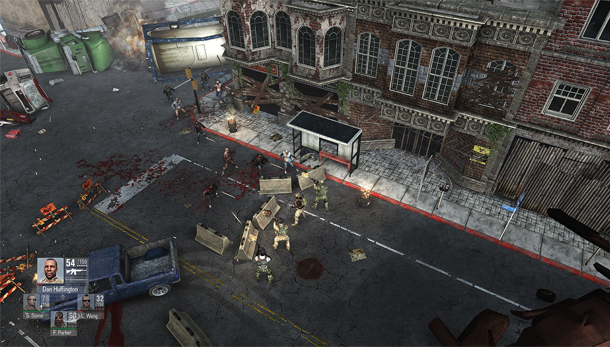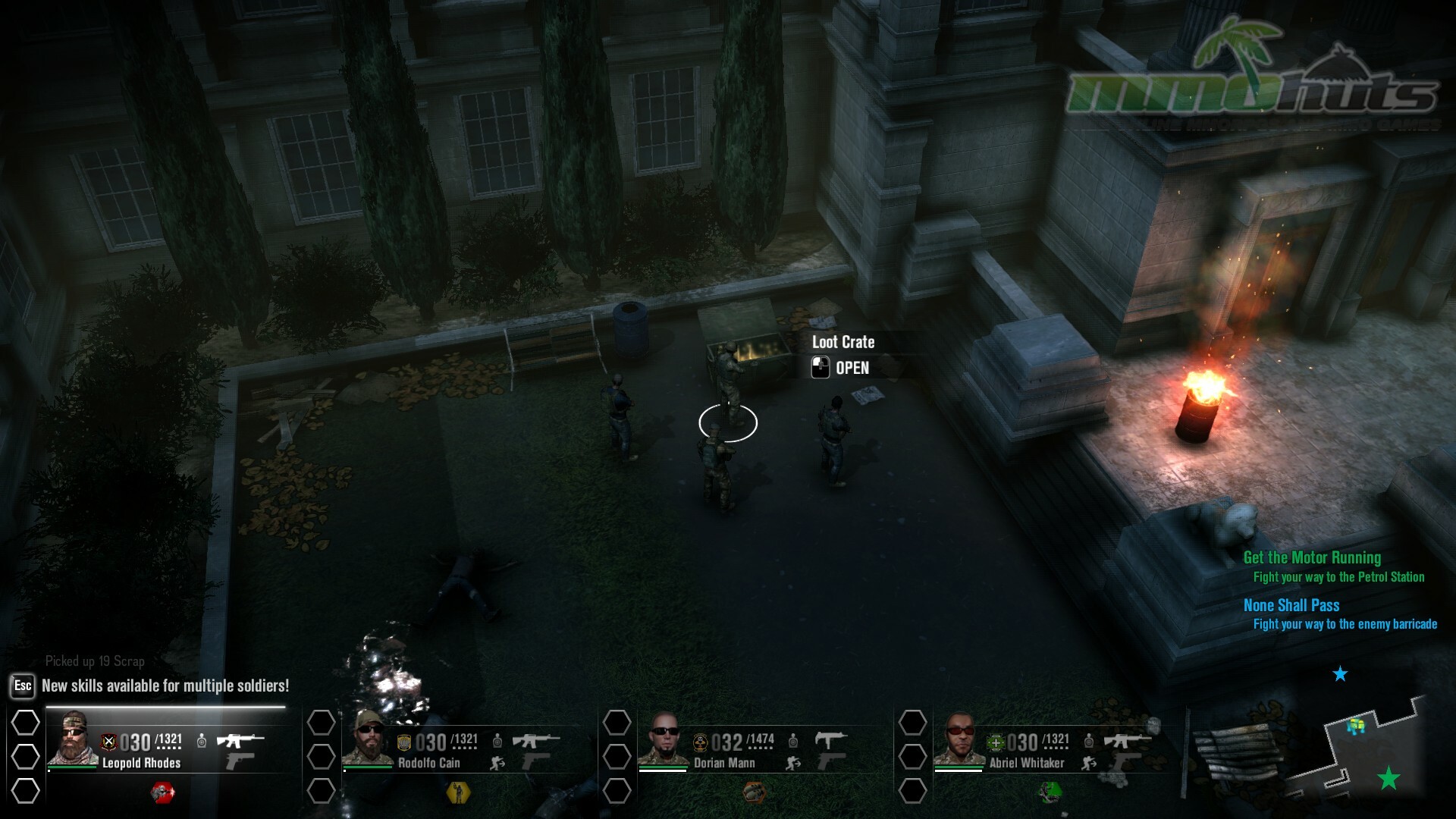

Answering it is relatively simple if you possess the fortitude to face depressing answers. Why on earth such “experts” are surprised, in 2022, after a decade-and a-half of Putin’s angry rhetoric aimed at the West, followed by his repeated acts of aggression against Russia’s neighbors, constitutes an important question. Again, Western experts acted shocked and disappointed by such brazen Russian smash-and-grab behavior. Just a few months later, Putin unleashed his aggressive war against Ukraine, of which the current crisis is merely an extension. It’s never a good idea to show weakness towards a career Chekist, and the Kremlin took Obama’s move as a green light elsewhere, as I predicted at the time, with a colleague. Western experts, however, could not ignore it when, at virtually the same time as Putin’s unleashed his Valdai Club speech, Obama abandoned his own “red line” in Syria, offering a needless gift to Moscow. Putin’s describing the postmodern West as the enemies of God, in league with the Devil, got less attention abroad than it merited, no doubt in part because Western elites are highly secular and feel uncomfortable discussing religious matters of any kind. They are implementing policies that equate large families with same-sex partnerships, belief in God with the belief in Satan. They are denying moral principles and all traditional identities: national, cultural, religious and even sexual. We can see how many of the Euro-Atlantic countries are actually rejecting their roots, including the Christian values that constitute the basis of Western civilization. Here there are both foreign policy and moral aspects.

As he stated:Īnother serious challenge to Russia’s identity is linked to events taking place in the world. Putin portrayed himself and his regime as conservatives trying to protect Russia from the West’s progressive cultural pollution. These are red lines no one is allowed to cross,” while casting Russia’s rising conflict with the West in spiritual as much as political terms. … In September 2013, Putin made his feelings towards the West transparent in his speech to the Valdai Club in Moscow, including the reminder, “Russia’s sovereignty, independence and territorial integrity are unconditional. Putin’s fiery speech attacked NATO expansion, accusing the Alliance of putting “its frontline forces on our borders,” criticizing America’s “unipolar” dominance over the world, while condemning Washington’s “almost uncontained hyper use of force in international relations.” Putin’s anger at NATO and especially the United States over Alliance expansion into the post-Soviet space burst into the public domain at the Munich Security Conference in early 2007 where the Russian leader unleashed a broadside aimed at the West. The signs have been there 15 years, flashing brightly. For years, Putin’s public statements have indicated that he does not consider Russia’s neighbor to be a bona fide country, rather an extension of Russia, no more than a “region,” while his comments last summer, including a detailed pseudo-historical tract complete with Orthodox mysticism expounding Putin’s view that Russia and Ukraine are inextricably linked, left no doubt to anyone paying attention that the Kremlin was prepared to act by any means necessary to keep Kyiv far away from NATO and the West. Moreover, the Kremlin strongman has been admirably forthright about his aims regarding Ukraine. Schindler really lays in to Western politicians and national security elites who claim to be flabbergasted by Putin’s hostile moves against Ukraine: I found these excerpts to be especially interesting.

Here’s an analysis that flopped across the transom this morning from John Schindler, the former National Security Agency analyst and former Naval War College professor, who published it on his Substack newsletter. The US would be foolish to involve itself militarily in any conflict between Russia and Ukraine.

Russia’s demand that NATO exclude membership to Ukraine and Georgia is legitimate and sensible.Russia should not launch a war on Ukraine.I don’t have a lot to add to the discussion over what the US should do if Russia attacks Ukraine.


 0 kommentar(er)
0 kommentar(er)
